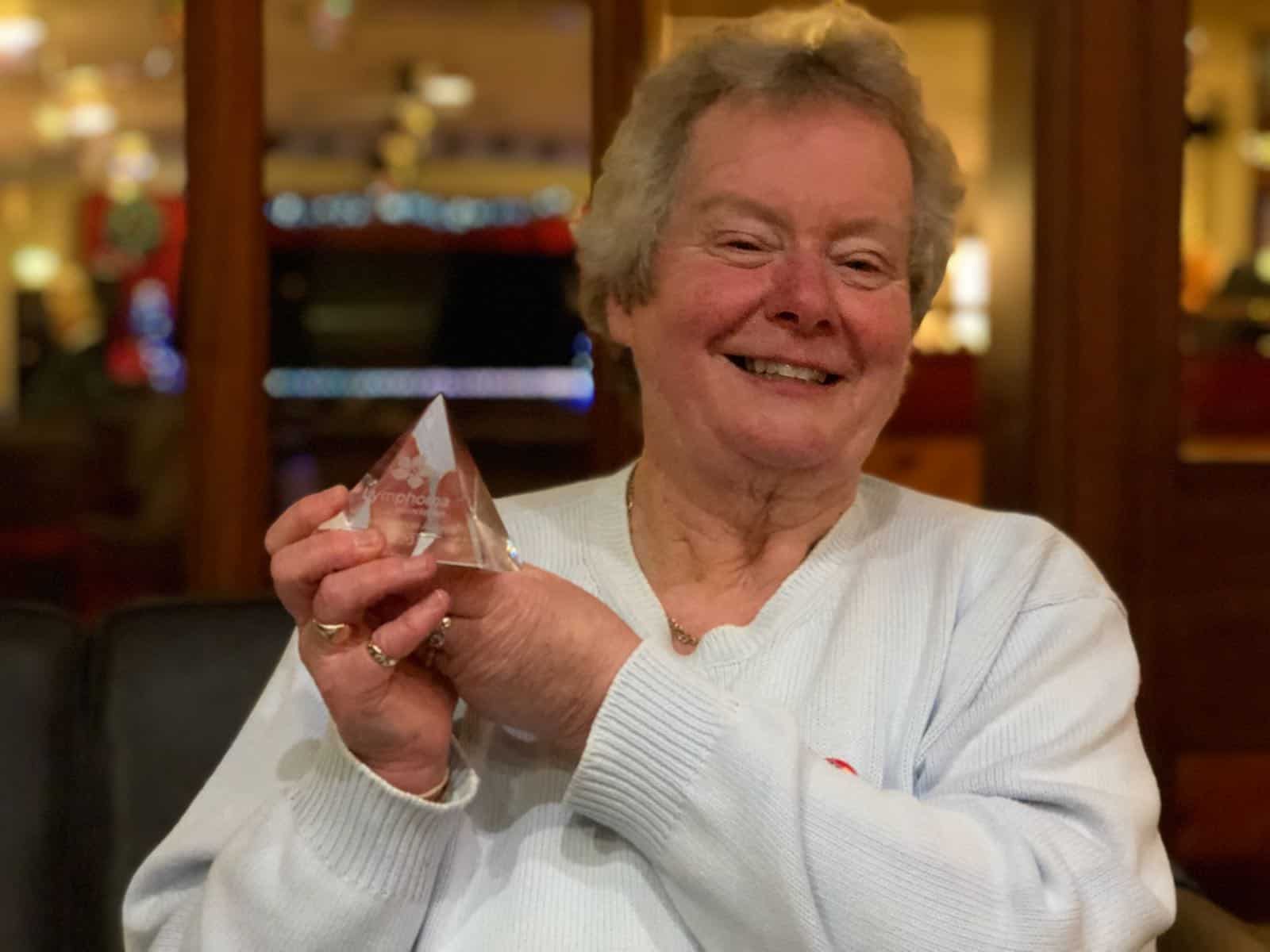
York Haematology Support Group founder, Carol Miller was diagnosed with Acute Myeloid Leukaemia in 2004. Since her diagnosis, Carol has used her experience with cancer treatment to help others going through the same thing. Here, Carol shares her experience of attending her GP surgery and hospitals for tests during the coronavirus pandemic:
In October, I was admitted into the hospital for aggressive chemotherapy treatment and then discharged on Christmas Eve 2004. Luckily enough, I was in remission. I relapsed in 2006 and had another six-week stay in York Hospital for yet more aggressive chemo, and went into remission again.
At that point, I was offered a mini bone marrow transplant at St James’ Hospital in Leeds but, as I have no siblings, I didn’t have a direct family match, so a donor was sourced from the Anthony Nolan list. The match wasn’t 100%, so I decided not to go ahead with the transplant. Luckily, that was the right decision for me, and I am still here to tell the tale!
My husband and I have been shielding throughout the COVID-19 lockdown, but I have had to attend the GP surgery several times for blood tests. My husband has also attended a hospital appointment since the start of the COVID pandemic.
At the beginning of lockdown, I went into my surgery for the blood test. I was asked to park my car and remain in the vehicle; a nurse would come out to the car to take my bloods. The procedure was quick and I felt very safe attending my appointment as the nurse was wearing full PPE.
Later on, during lockdown, I had to attend a Haematology Clinic for blood tests regarding my leukaemia. As I entered the hospital, my temperature was taken and I was asked to use the hand sanitiser provided. I was also given a mask to wear whilst at the hospital. I was seen very quickly and my bloods were taken as usual. A week after my appointment, I had a follow-up telephone call with the consultant, who informed me all was well. We also scheduled in a further appointment for four months time. Once again, I felt very safe and well looked after.
For my husband’s appointment at York Hospital, I was not allowed to go into the hospital with him. That being said, he was seen very quickly and had no problems at all. The hospital was managing appointments very well, and my husband didn’t come across another patient while he was there and managed to maintain social distancing.
Throughout both the treatments, the staff wore full PPE and I had my temperature taken both times, too.
I would advise other patients to never delay contacting their GP. You will be greeted in a very professional manager, and your appointment will be very efficient and safe. Any symptoms you are experiencing are at least worth a phone call. Your GP is not too busy and would always rather you express your concerns; they are there for you. It’s always better to be safe than sorry.
Both my husband and I have felt very safe whilst attending our GP surgery and the hospital and we would never risk leaving things. Speaking to your GP could save your life.
My support group
Both times I was admitted for treatment, I joined clinical trials. The drugs I trialled are now being used
to help patients with their treatment, which inspired me to try to set up a support group in York. This was initially for Leukaemia patients, but it quickly grew to cover all blood cancer patients. The clinical team during my treatment were very good at dealing with my illness, but they had not been through it themselves. With the York Haematology Support Group, I’ve found a way to use my cancer experience in a way that can positively help others. Experience is a wonderful thing.
We have now been running for nine years and the group has been very successful. We have approximately 25 – 35 members attending our monthly sessions (occurring the first Thursday of the month) and have been lucky to host a variety of very interesting speakers. We are supported by the Yorkshire and Humberside Haematology Network from the University of York, who have been fantastic.
If you’d like to know more about how support groups may be able to help you or someone you know, click here to go to the Humber, Coast and Vale Cancer Alliance’s support group directory.



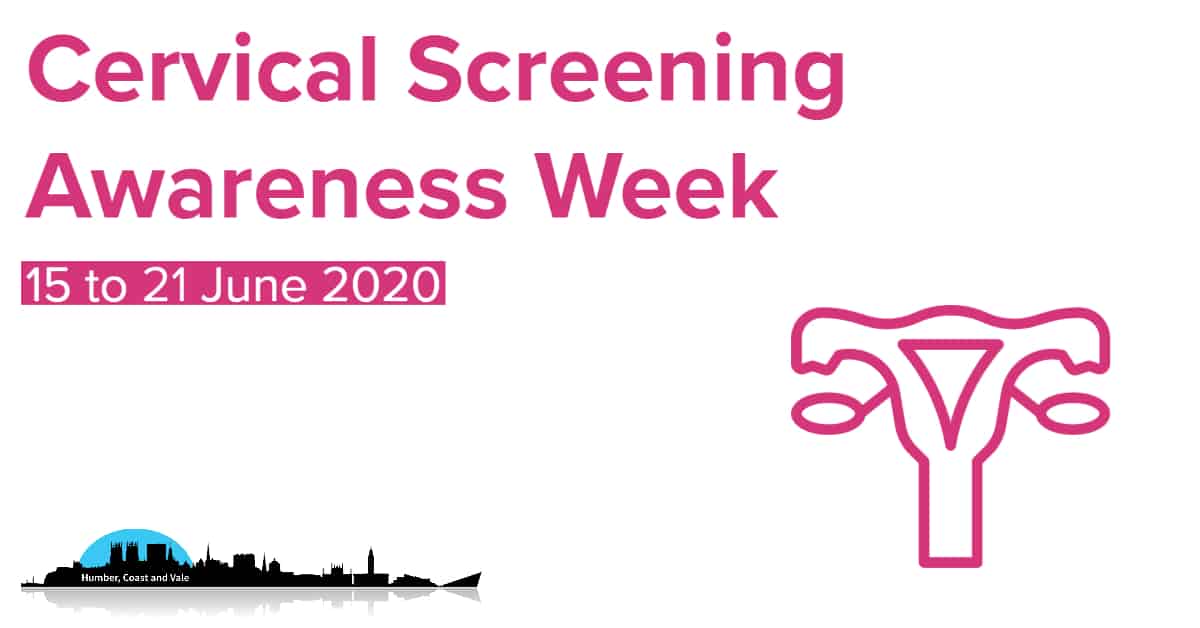
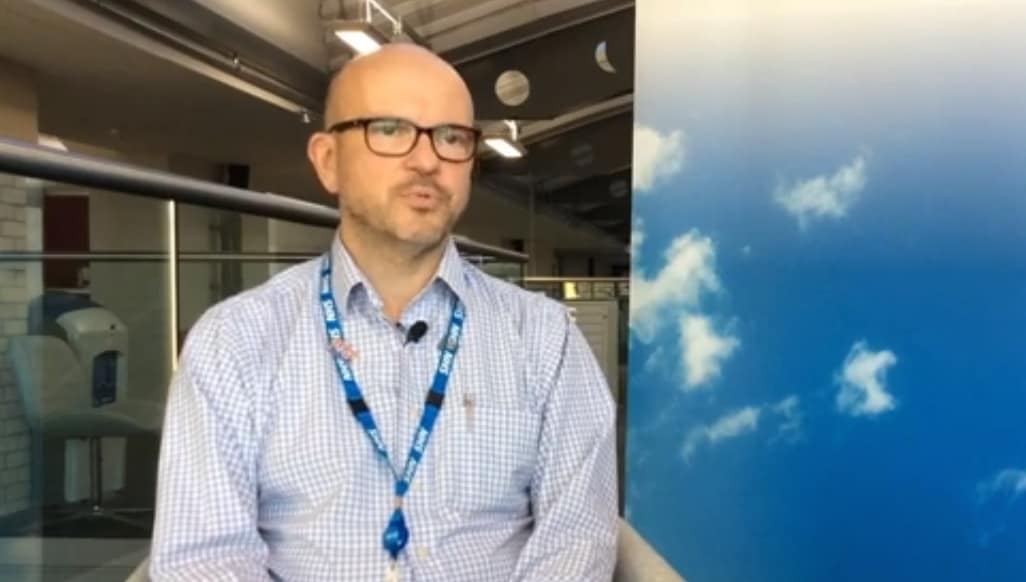
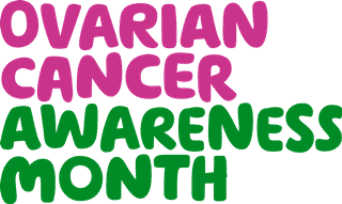
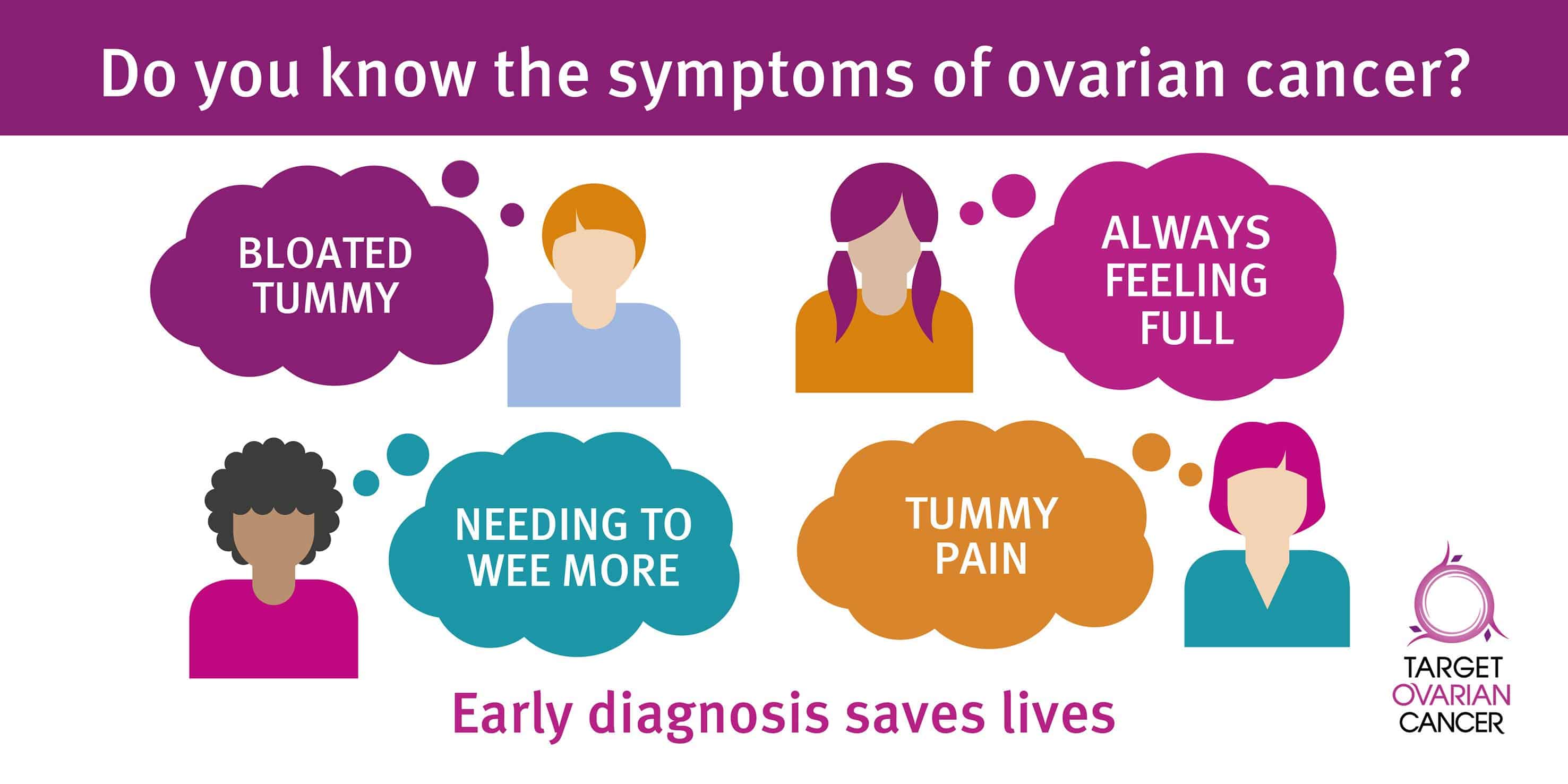
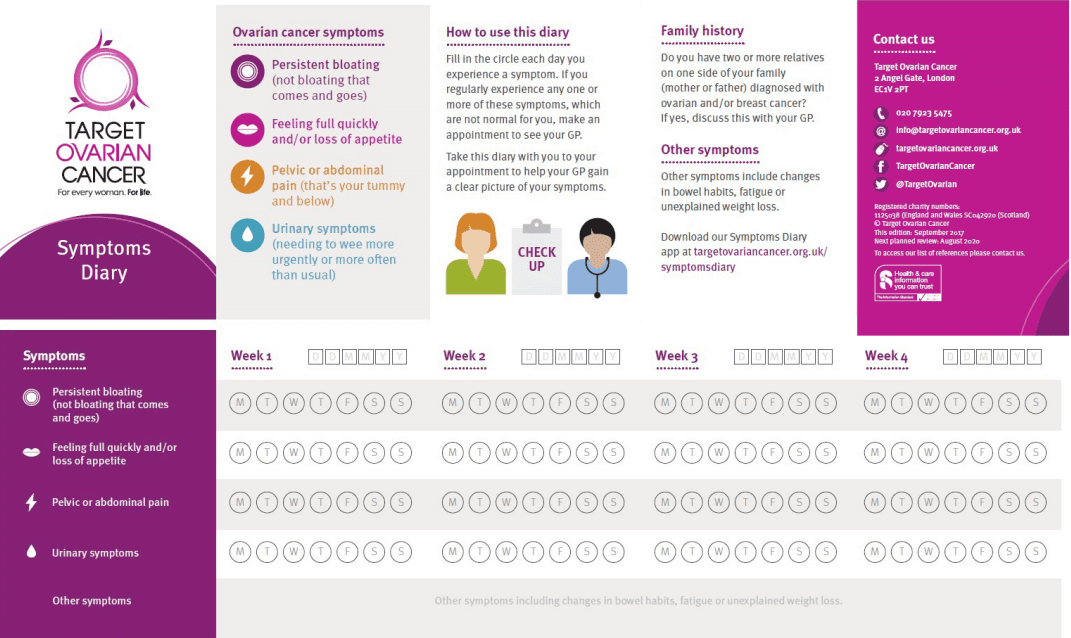
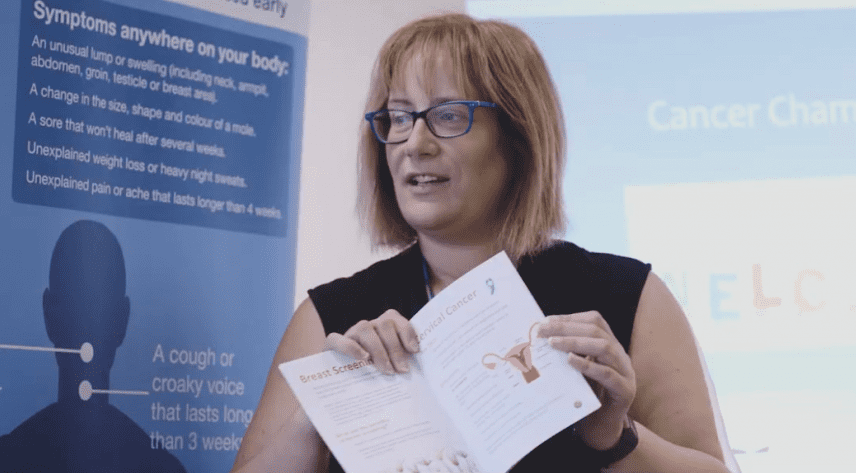

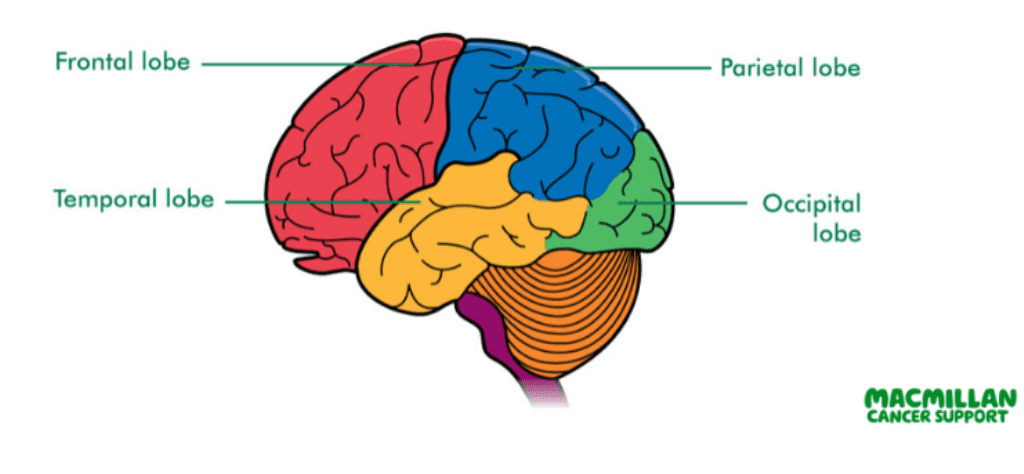

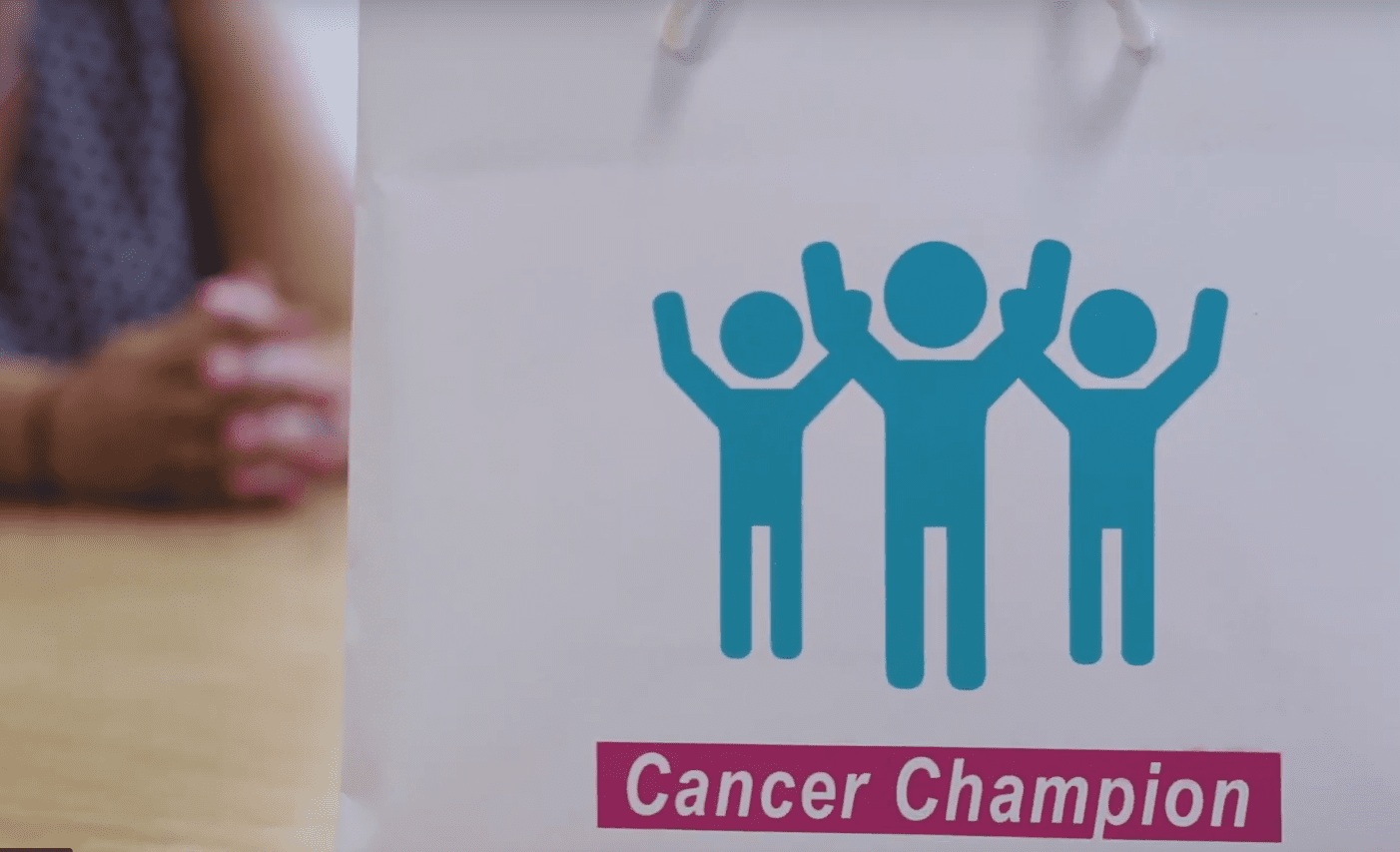
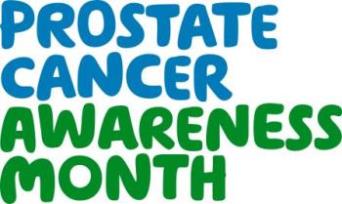
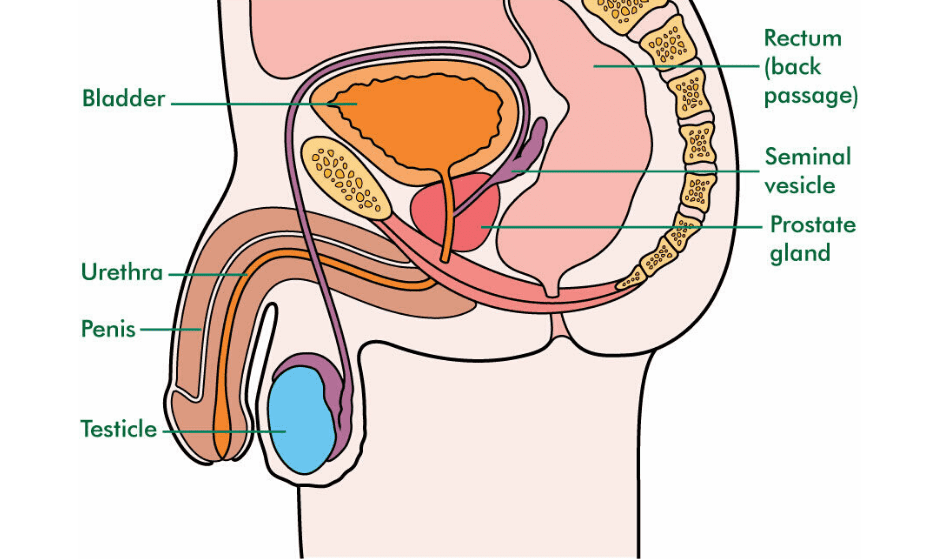
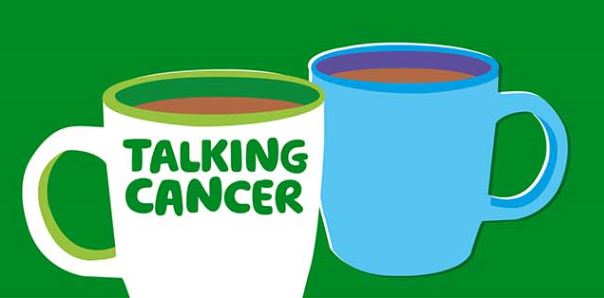


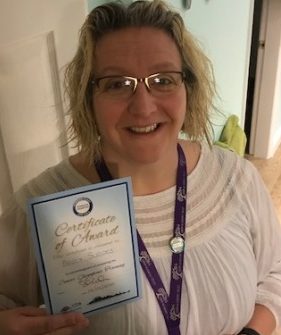
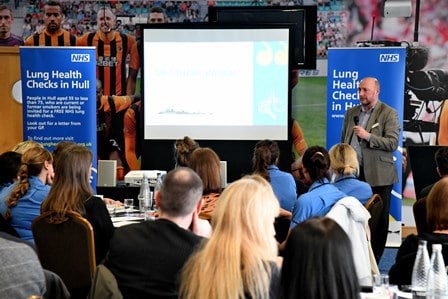

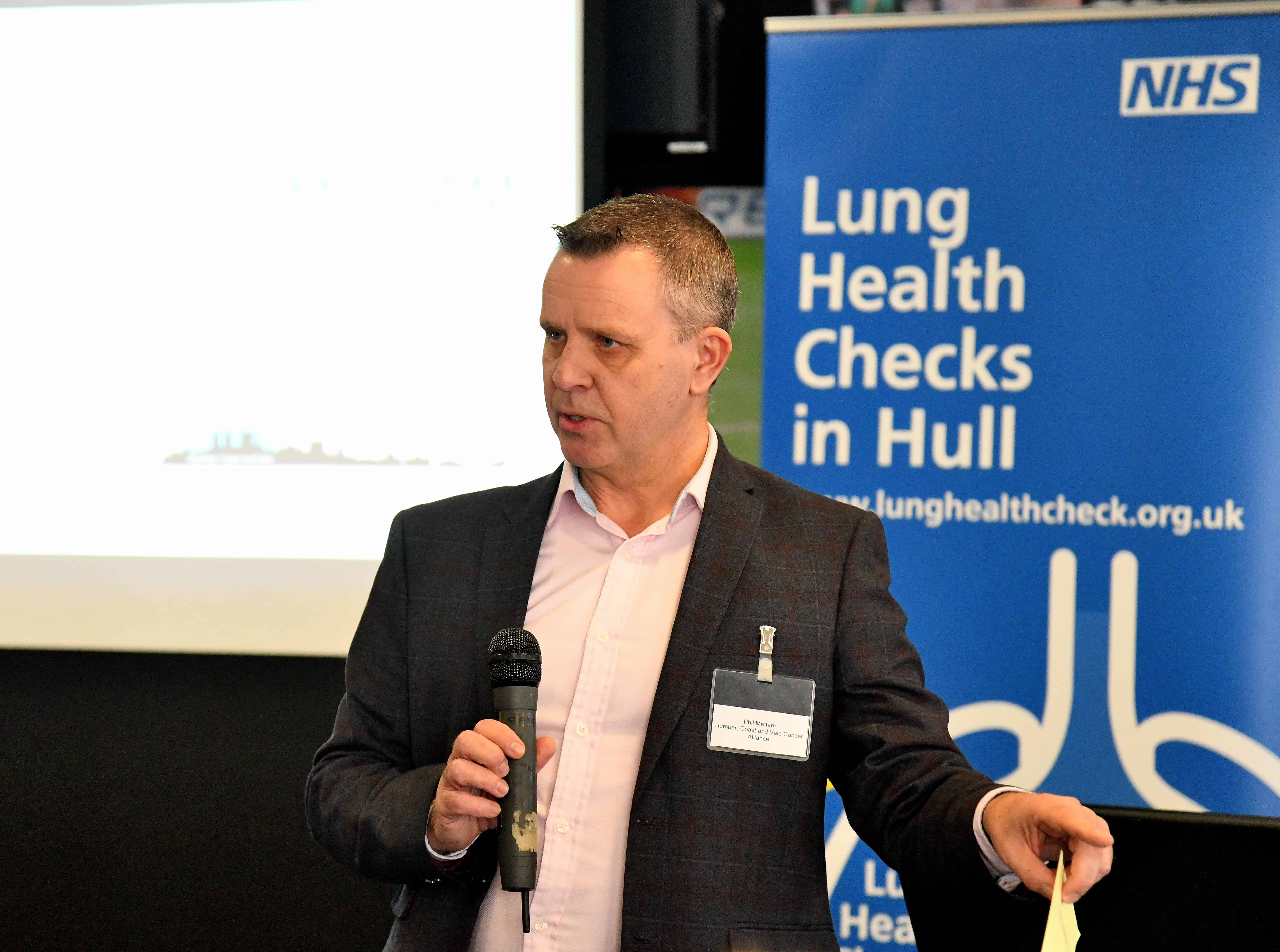
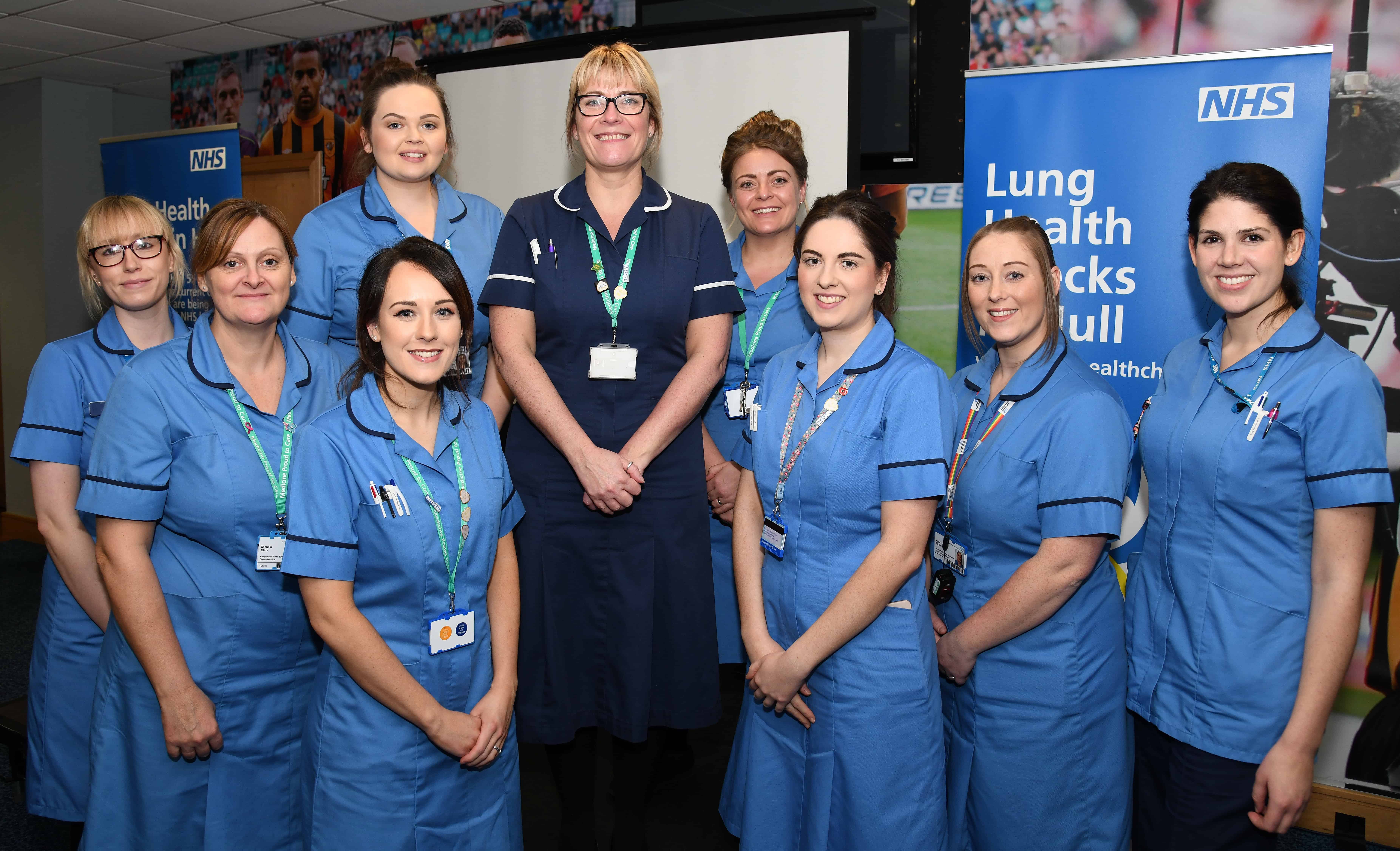
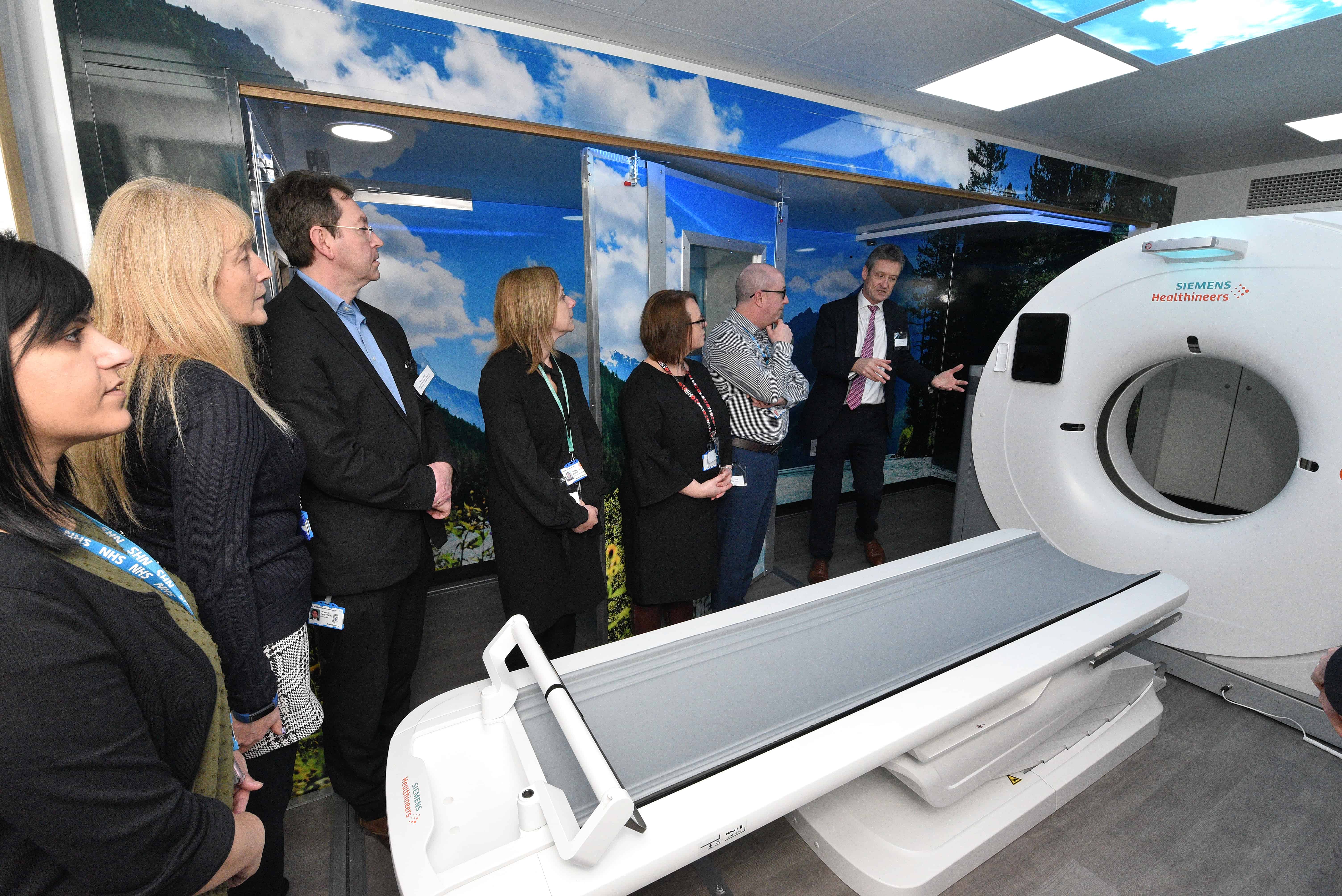
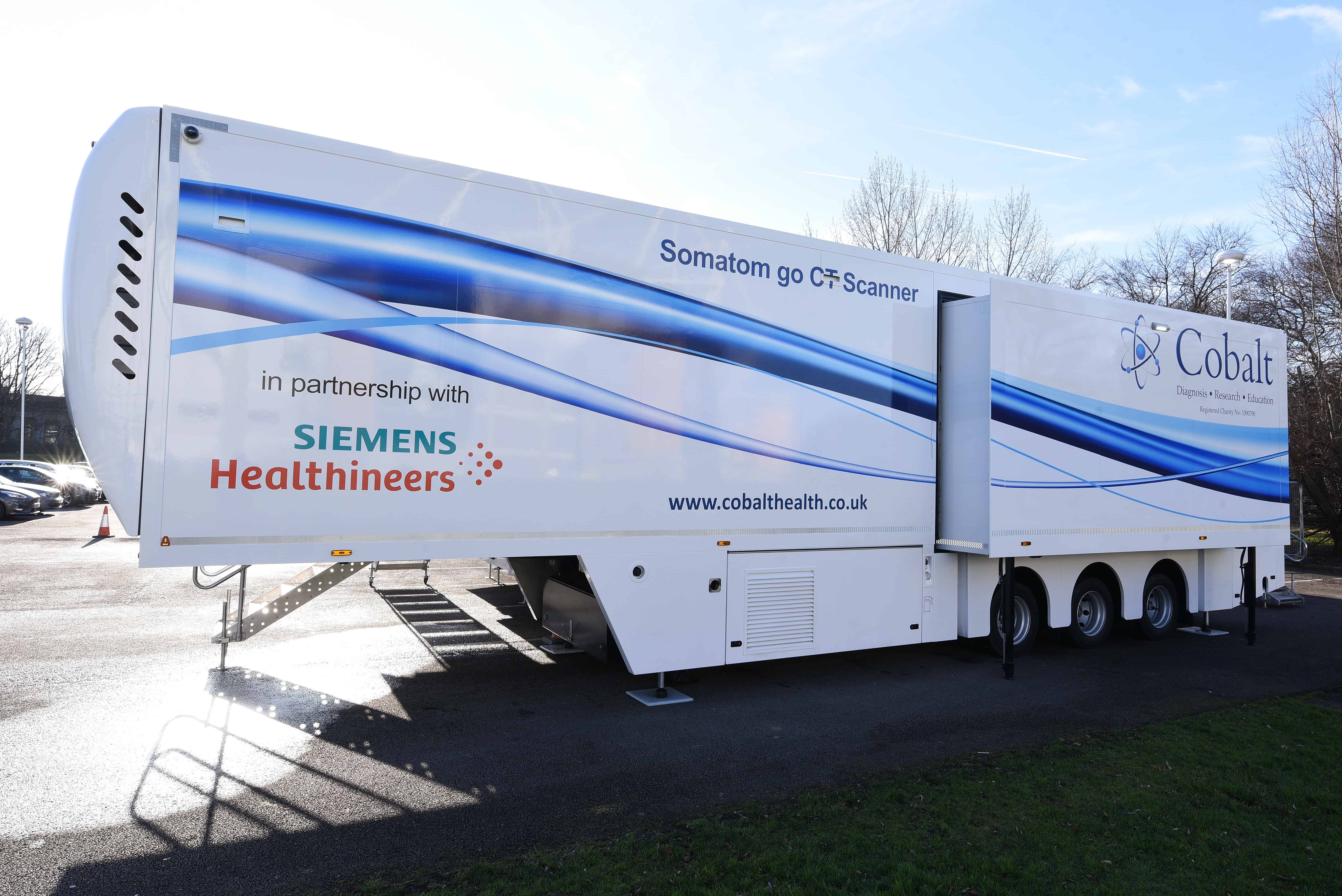
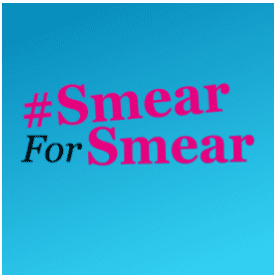
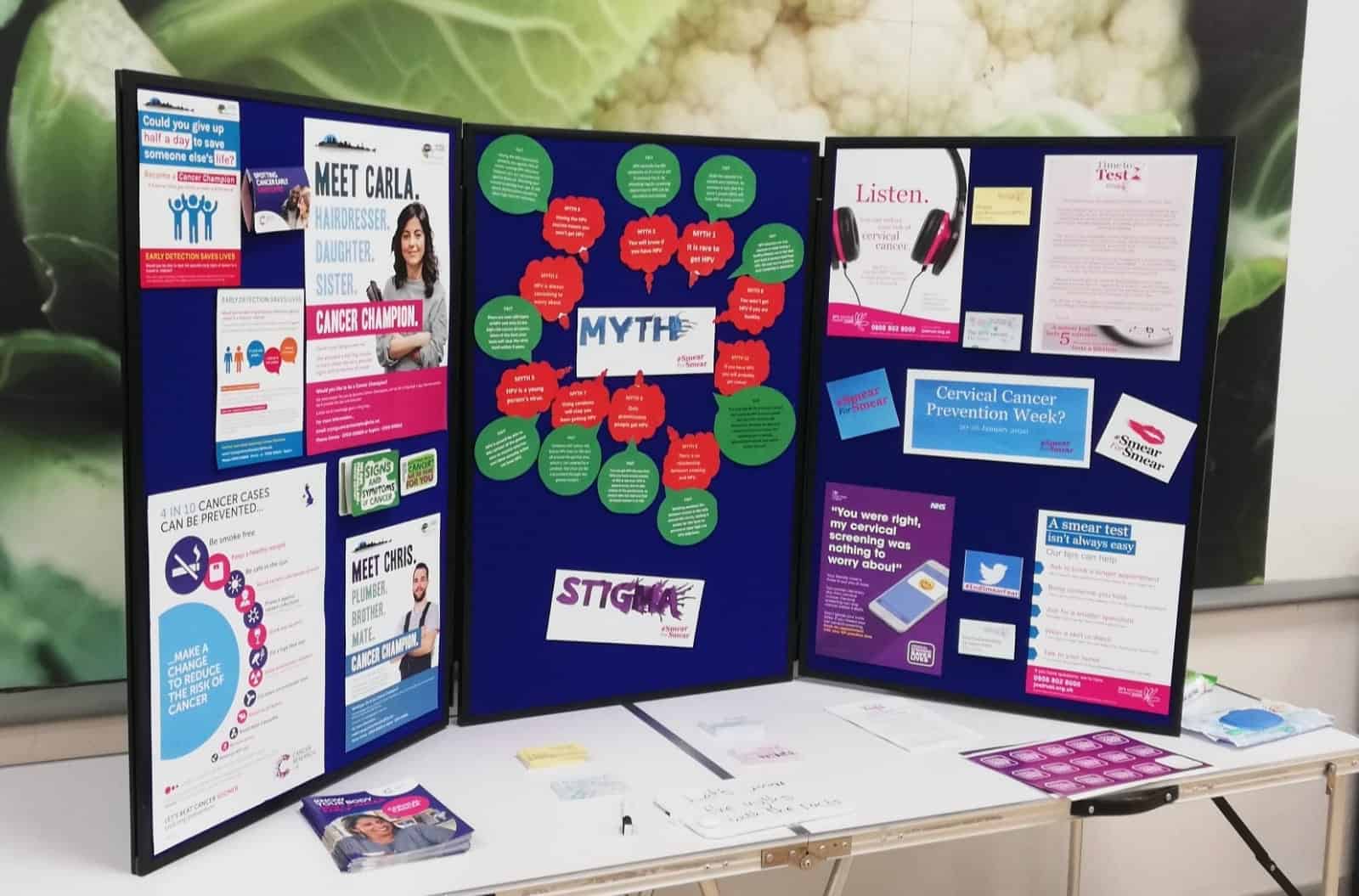 We went out into the community and talked to people about the importance of taking up cervical screening invitations and booking their smear test at their GPs. We also wanted to understand the reason why women didn’t always take up their appointments.
We went out into the community and talked to people about the importance of taking up cervical screening invitations and booking their smear test at their GPs. We also wanted to understand the reason why women didn’t always take up their appointments.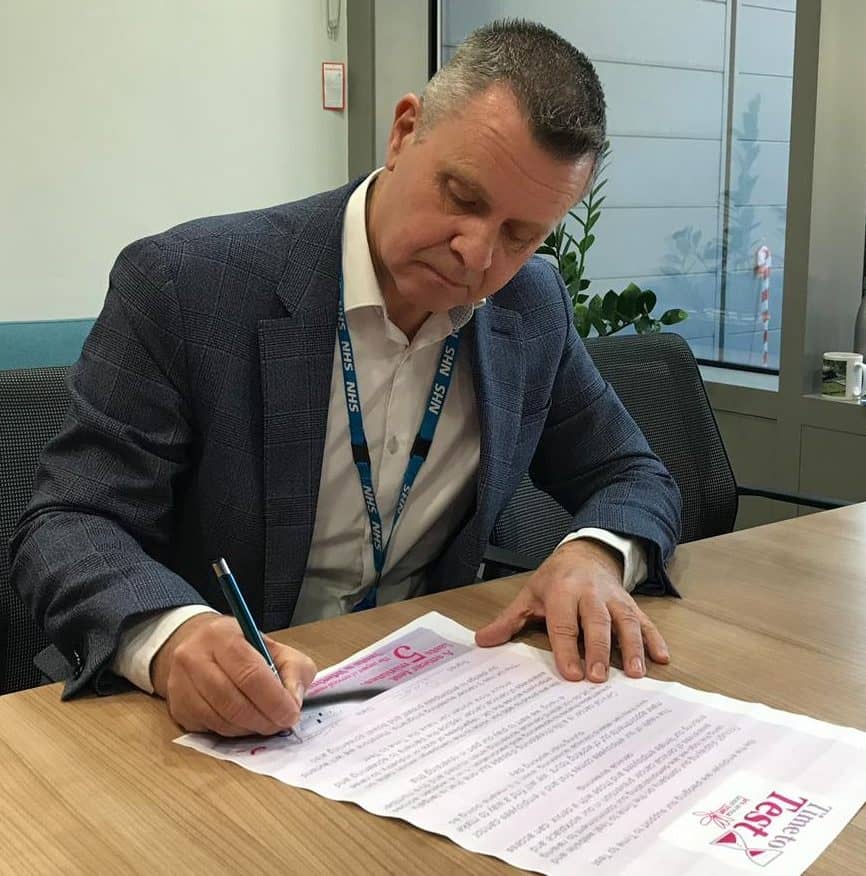 We were delighted that three employers across our area signed up to Jo’s Trust’s Time to Test pledge – Vale of York CCG, Unity Health and Photo My Product which encourages employees to attend their cervical screening appointment by giving them time to test.
We were delighted that three employers across our area signed up to Jo’s Trust’s Time to Test pledge – Vale of York CCG, Unity Health and Photo My Product which encourages employees to attend their cervical screening appointment by giving them time to test.